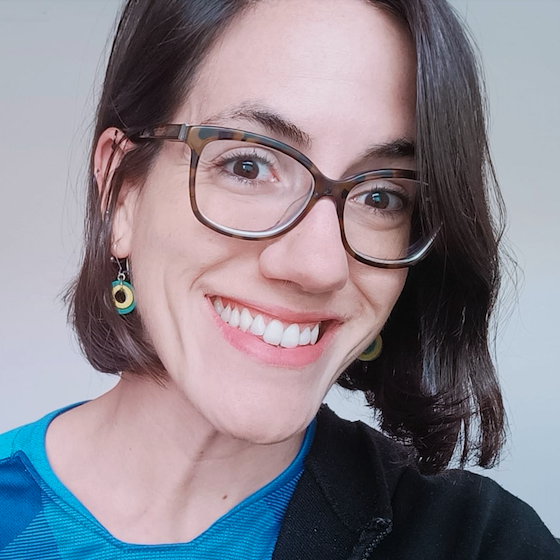Earlier this month, ORCID held its first-ever consortia lead workshop in Africa. Hosted in Cape Town, this two-day event brought together eight consortia leads from around the world (Canada, US, Colombia, Chile, South Africa, Sweden, New Zealand and Australia). The workshop provided a unique opportunity for our community leaders to connect, share knowledge, and help shape ORCID’s future.
Fostering a global community through shared experience
A key theme of the workshop was the power of community. Participants highly valued the chance to learn from each other’s experiences, discussing how they grow their membership and navigate common challenges to strengthen their communities of practice. Many had the opportunity to learn more about the implementation of a national ORCID Hub with the help of the New Zealand (NZ ORCID Hub) and South African consortium (Intembeko ORCID Hub). Ideas and plans were also shared on engagement with national and regional funders, and how this has served to drive adoption.
Sharing these insights is crucial for strengthening our entire Community Trust Network. As participants mentioned, the event was a fantastic opportunity to “learn about and from other consortia” and “connect with ORCID staff.” These discussions are vital to our community-led approach, enabling us to build a stronger, more collaborative ecosystem for researchers worldwide.
Shaping the future of ORCID together
Consortia leads valued the opportunity to interact with Board members and contribute directly to ORCID’s strategic development. This input is crucial for the ORCID’s goals, which include being a convener for the global research community and aiming for universal adoption.
Key strategic aspirations discussed included ORCID’s goal to become an integral part of a global research trust ecosystem. Participants emphasized the importance of diversifying the membership base beyond universities to include new sectors like government and industry research organizations. They also highlighted the potential for engagement with funders and the GLAM sector (galleries, libraries, archives, and museums).
The discussions also reinforced ORCID’s commitment to being a researcher-centric organization. A core strength is ORCID’s ability to reduce the administrative burden on researchers by creating a single, integrated platform for their career information. The workshop demonstrated how the community is working together to ensure ORCID remains adaptable and responsive to the evolving needs of researchers worldwide.
Strategic Insights: A look at global adoption and data
A highlight was a presentation from Board member Simon Porter, who shared key insights on global ORCID adoption and data completeness. This data supports our aspiration to achieve universal, equitable adoption and ensure no one is left behind, particularly in regions across the Global South. Understanding these trends helps the work developed in collaboration with our consortia to improve data quality and reduce the administrative burden for researchers.
Connecting our community for greater impact
We extend our sincere thanks to our host, TENET, the South African National Research and Education Network and consortium lead, for their hospitality. These in-person workshops are an essential part of building the collaborative spirit that drives ORCID while presenting the key role ORCID consortia play in it. By bringing our consortia leads together, we strengthen the entire research ecosystem and reinforce our shared, mission-driven approach. We left Cape Town inspired by the amazing ideas and renewed commitment to our collective goals for strengthening communities of practice around the world.
Apart from the in-person meetings, the Consortia Interest Group (CIG) meets virtually three times a year at two different times to accommodate participants’ different time zones. Our next virtual meeting will take place in November 2025 and our next in-person one on March 5th and 6th in Vancouver (Canada). If your organization is thinking about becoming a consortia lead, we encourage you to start with ORCID for Consortia: Roles & Responsibilities and reach out to us.
